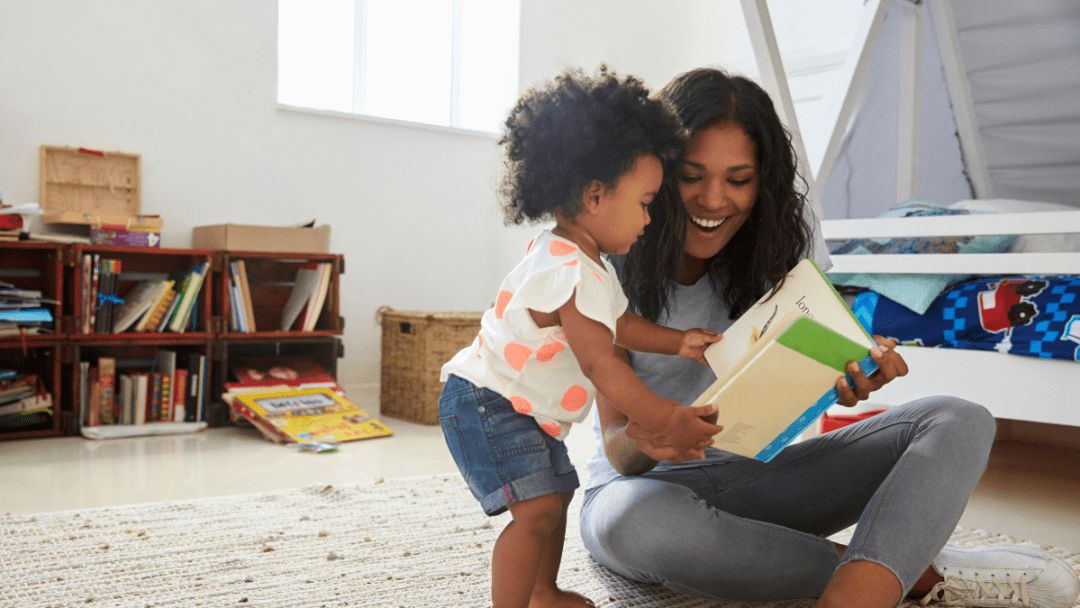
Will My Nursery / Child-Care Provider Support My Little Ones Sleep?
When selecting a child-care facility, I always recommend looking around at least twice and at different times of the day if you’re able to as this will give you more of an idea of their routine. However, you should always speak to your child-care provider about your child’s sleep routines and your concerns. Maybe you have a special phrase that means it’s sleep-time, or perhaps a comforter that needs to be removed once they fall asleep? All these little things can affect your child’s sleep and it’s perfectly acceptable to ask them about it!
Recently, I was asked by Purple Jay Nurseries to go to their Lambeth, London site (they also have lovely facilities in both Peckham Rye and East Dulwich) and do a presentation and question and answer style interview for the parents there all about Supporting Sleep and talking them through my gentle, holistic methods. I was so pleased not only to be asked and able to help this group of parents in person (which thanks to Covid were a novelty) but to be able to answer individual questions.
It was also refreshing to have a nursery wanting to support their parents and little ones through what can be one of the biggest challenges of parenting. Having passed on my methods to both staff and parents, I’m confident it will help everyone get some improved sleep and more communication regarding sleep behaviours between the nursery and parents. They were so accommodating and I hope to return at some stage as I felt it not only really benefitted everyone but also built the parents confidence that the Nursery is looking after their little one’s best interests. Something every parent wants in their child-care provider!
How Can I Communicate Our Sleep Routine To Nursery / Child-Care?
Absolutely make sure you communicate your sleep routine! Child-care providers will be actively looking for all the methods to help support your little one to sleep. Remember they also WANT them to sleep and be in their best mood possible for the day.
If, like myself, you’re against the cry-it-out method, or have other ‘no no’s’ when it comes to naptime then make sure you make that clear within your handover instructions. If you’re new to your child attending child-care because of going back to work then I’d recommend looking at my Back To Work Guide, shorter than my sleep guide. This guide focuses on returning to work and how to ease this transition. Even if you aren’t returning to work there is a lot of useful information on how to start your child with a child-care provider and a handy handover template/guide.
The best way to communicate your wishes around your child’s care is to write it down (maybe even laminate it!) and put it within your child’s belongings so that whenever the nursery are changing a nappy or in your child’s bag they will be reminded of your care instructions.
Can You Speak To My Child’s Child-Care Provider?
Similarly to the presentation, I did at Purple Jay Nurseries, I’m available to speak to parents and/or staff regarding sleep methods that follow my gentle, holistic and family centred ethos. If your nursery would like me to do a presentation then they can contact me directly here where I can happily talk through the options with them directly.
My sleep presentations build the confidence of parents not only with their home sleep-time routines but also with the ability of their nursery to accommodate their gentle sleep preferences to the highest standard. Discussing these strategies together can bring a new clarification on what may or may not work for a child – and also where the discrepancies might be!
Have you downloaded your freebie yet? Top 10 Baby Sleep Coach Tips To Help Your Baby Sleep Better Guide! If not, then make sure to click here.



